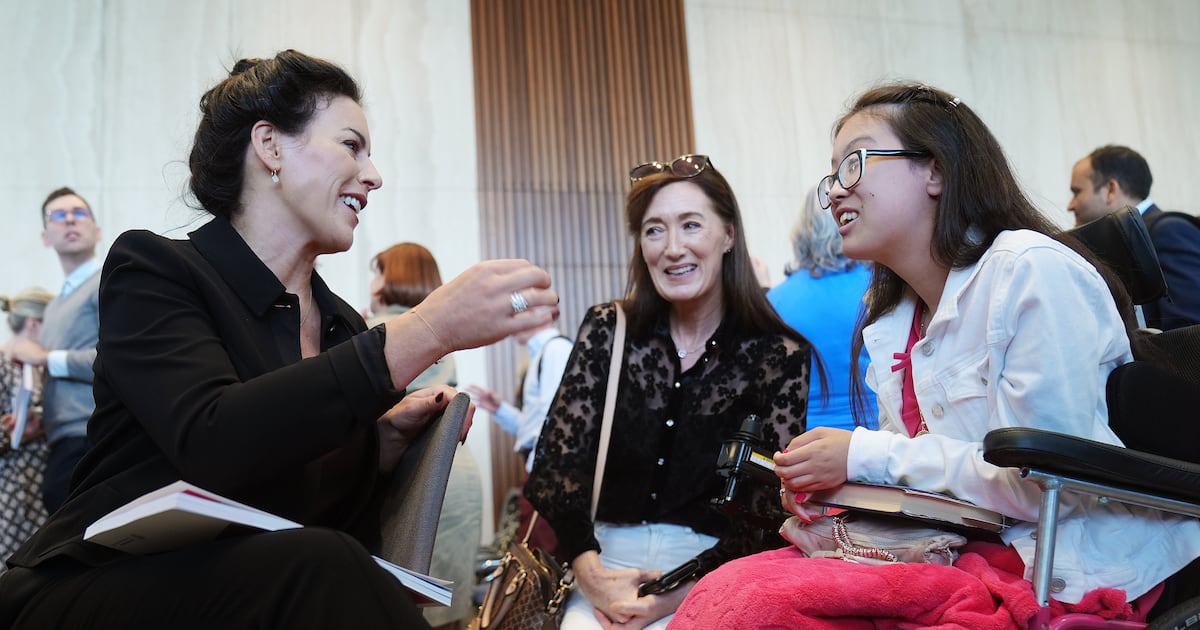A new strategy to improve the lives of the estimated 300,000 people living with rare diseases emphasises early diagnosis to deliver “more timely, equitable, and effective care”.
A rare disease is a life-threatening or chronically debilitating disease affecting no more than five people per 10,000. They are primarily genetic in origin and, due to the low prevalence of each disease, medical expertise and scientific information on best practice and management is often limited.
There are between 6,000 and 8,000 known rare diseases affecting up to 6 per cent of the total European Union population, or 300,000 people in Ireland, meaning that while the diseases are individually rare they are collectively common.
The Government’s new National Rare Disease Strategy 2025-2030 makes 11 recommendations designed to enhance diagnosis, treatment and support for people living with rare diseases. It aims to improve quality of life, promote equitable access to healthcare and foster innovation in rare disease research and treatment.
Recommendations include moves to improve accountability and governance by ensuring the Department of Health and Health Service Executive collaborate to support the best care for people living with rare diseases and their families.
This includes the expansion of the National Rare Diseases Office to drive the recommendations of the strategy, and to provide governance and organisational arrangements to enable planning, management and delivery of health and social care for people and for communities at a local level.
The strategy also provides for an establishment of a National Rare Disease Registry, to improve planning, co-ordination and monitoring of services; increased international co-operation, particularly through the integration of European reference networks into the Irish healthcare service; increased education and awareness of rare diseases among health professionals; and improved care co-ordination.
Minister for Health Jennifer Carroll MacNeill said “unprecedented” funding was being provided for rare diseases, with €6.5 million allocated for this year and €8 million for next year.
